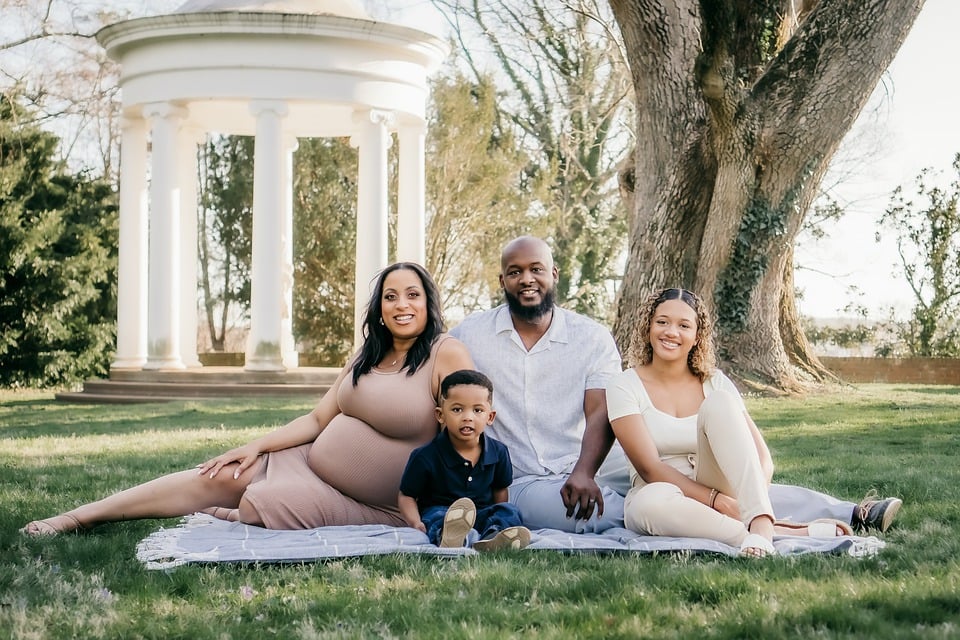When a spouse passes away, it can feel like the world has come crashing down. The pain and grief of losing a partner can be overwhelming, leaving many widows and widowers feeling lost and unsure of how to move forward. However, in the midst of this dark time, there is also the opportunity for growth and strength. Finding joy and rebuilding life after widowhood is a journey that many have embarked on, and in doing so, have discovered an inner resilience they never knew they had.
One of the first steps in rebuilding life after the loss of a spouse is to allow yourself to grieve. Grief is a natural and necessary process, and it’s important to give yourself permission to feel all the emotions that come with it. Whether it’s sadness, anger, or confusion, allowing yourself to mourn the loss of your partner is an essential part of healing.
As time goes on, it’s important to find ways to cultivate joy in your life once again. This can be as simple as reconnecting with old hobbies or finding new interests to pursue. Many widows and widowers have found solace in creative outlets such as painting, writing, or gardening. These activities not only provide a sense of fulfillment but also offer a distraction from the pain of loss.
Building a support system is also crucial in the journey of rebuilding life after widowhood. Surrounding yourself with friends and family who can offer emotional support and companionship can help alleviate feelings of loneliness and isolation. Additionally, seeking the help of a therapist or counselor can provide a safe space to process your emotions and work through the challenges of moving forward.
While rebuilding life after widowhood is undeniably difficult, it is also a journey that offers the opportunity for personal growth and resilience. Many individuals who have experienced the loss of a spouse have found that through the process of grief and healing, they have emerged stronger and more resilient than ever before.
In the end, finding strength and joy in the aftermath of widowhood is a deeply personal journey that looks different for everyone. By allowing yourself to grieve, finding moments of joy, building a support system, and cultivating resilience, it is possible to rebuild a life that is fulfilling and meaningful after the loss of a spouse. Though the road may be long and challenging, the destination is one of newfound strength and joy.












